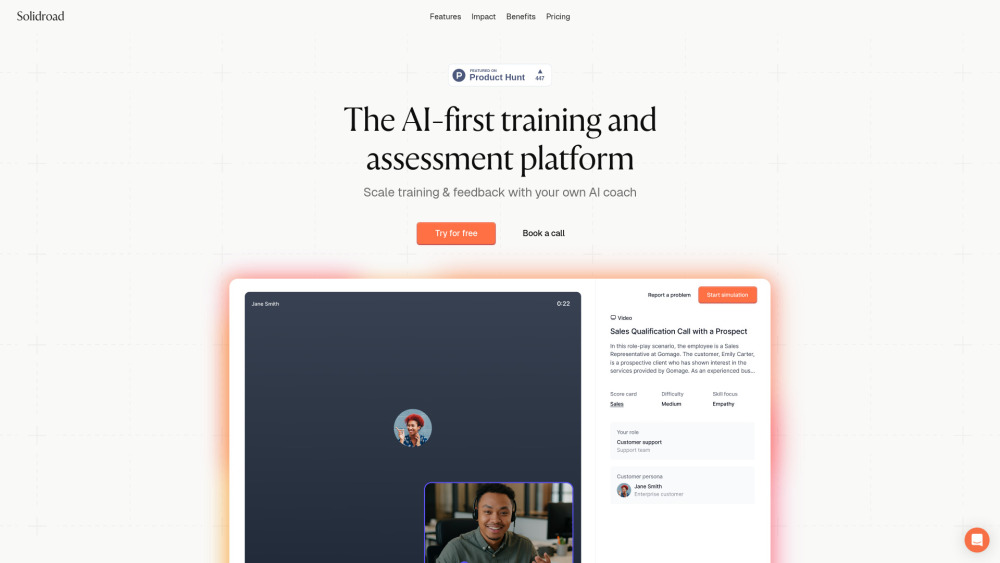Alternatives to OpenAI API: Domestic AI Models Launch Solutions for Accessibility
Most people like

Create web applications effortlessly with our user-friendly platform that enables rapid prototyping in English. Experience a seamless development process designed for speed and simplicity.

Discover a new way to explore the world with our AI travel planner, designed to create personalized experiences tailored to your unique preferences. Whether you're seeking adventure, relaxation, or cultural immersion, our cutting-edge technology analyzes your interests to curate the perfect itinerary just for you. Transform your travel dreams into reality and embark on unforgettable journeys that resonate with your individual style.

Enhance Your English Vocabulary with Smart Learning Techniques
Unlock the power of effective English vocabulary learning with innovative strategies tailored to boost your language skills. By employing smart techniques, you can expand your vocabulary efficiently and confidently. Discover how to optimize your learning experience while mastering the nuances of the English language.

Revolutionizing Training: An AI-Driven Platform for Customer-Facing Teams
Unlock the potential of your customer-facing teams with our cutting-edge AI-powered training platform. Tailored specifically for enhancing skills and performance, our solution equips your staff with the tools they need to excel in customer interactions. Experience unparalleled growth and client satisfaction through innovative training methods designed for today’s dynamic market.
Find AI tools in YBX
Related Articles
Refresh Articles
